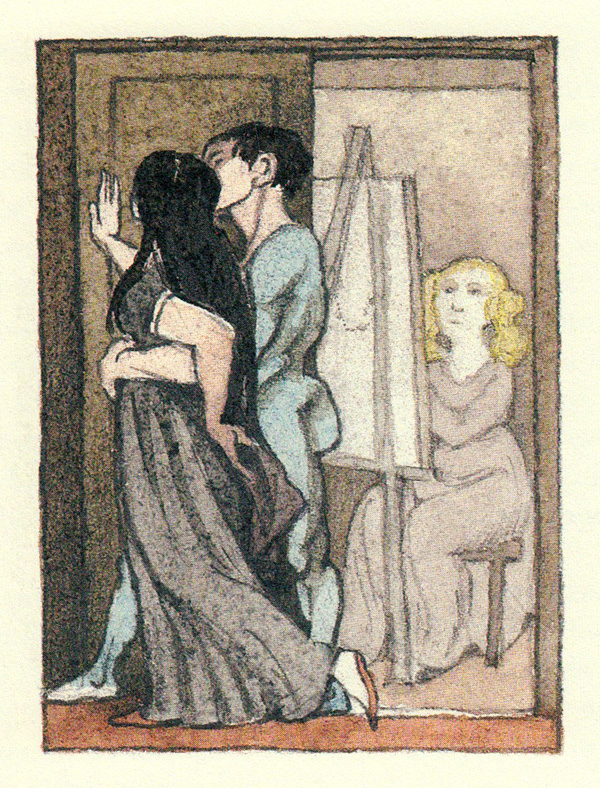Maybe I should simply have titled this My Enemy/My Editor but that sounded too much like a Werner Herzog film.
I've covered some of this before in the final works post where at least some authors who leave unfinished final works are in that position because they simply could not edit their material into a reasonable shape by themselves, i.e. they didn't just die unexpectedly in the middle of writing their last novel. In Ralph Ellison's case, clearly the expectations of delivering another novel as good as his first (Invisible Man) just proved too much.
While David Foster Wallace got over the sophomore book slump, he had many demons and succumbed to depression with The Pale King still unfinished. I'm trying not to have unreasonably high expectations, but this looks like a novel that is right up my alley (even knowing it was not in final form). I'm slated to get around to it in early 2016.
There is another kind of author who just never knows when to cut back and get to the essence of the story. I found quite a few critical darlings, particularly Franzen, Bolano, John Barth, and, if I am being perfectly frank, Murakami, that have all written books which would have been so much better if 100+ pages were shaved off. I guess they just get to the point where editors can't effectively challenge them. Now there are also long-winded authors who really do justify everything in the novel, certainly Joyce's Ulysses falls into this category. I'm not sure about William Gaddis's work. It does sound as though it would have kind of fallen apart and the point would have been missed had he been forced to edit his novels conventionally. Interestingly, his last several novels were quite compact (as are Philip Roth's).
There is a slightly different argument going on with Raymond Carver's work. Certainly none of the stories are particularly long, but it has been shown that the original stories were quite different (and even a bit conventional) and that almost everything that made his writing stand out was done through aggressive editing. While his widow has been trying to restore his original version of his work, very many people, who don't have an emotional stake in it, say that the edited versions are considerably better than the originals. I suspect that in today's market, for better and worse, you would almost never find such close collaboration (or even joint creation) between an author and editor. I'm certainly not expecting that kind of attention. I don't even know if there is a clear case of when an author should agree to edits from an editor who naturally has more experience in what makes books sell (though it is always a crap shoot when it comes to both finding best sellers and books that will wow the more literary-minded book reviewers).
Feel free to add other cases in the comments. I've only picked out a handful of cases that really stick out in my mind.
I wanted to end with a curious case of Herman Melville's Pierre. The back story is explained better here and here, but the basic outline is that Melville was basically considered an nonviable author after Moby Dick was published. He had considerable trouble interesting publishers in Pierre -- largely due to its intimations of incest -- and the one that did agree to publish it offered an insulting low payment and royalty. Nonetheless, Melville accepted the deal and then added over hundred pages of fairly scathing commentary on the landscape of American publishing of his day. Needless to say, this didn't go over well, but this stayed in the novel, though some critics have argued it really damaged what was a fairly interesting story before Melville let his anger get the best of him. What makes this particularly interesting is that there is a "Kraken edition" of Pierre that attempts to rewrite the novel so that it more closely reflects what Melville initially sent to his publisher. Even more curious is that Maurice Sendak illustrated Pierre, but only this limited Kraken edition. I've ordered a copy, but it is stuck in Chicago, so I won't really be able to comment too much on it until the summer. It's hard to believe that I will ever have the time to read the published version of Pierre and the Kraken edition, though I suppose stranger things have happened. It far more likely that I will read Pierre once and flip through the sensual, often erotic Sendak illustrations from time to time. Many of the illustrations can be seen here, though I will link to one just to give a general idea of this Kraken edition.

No comments:
Post a Comment